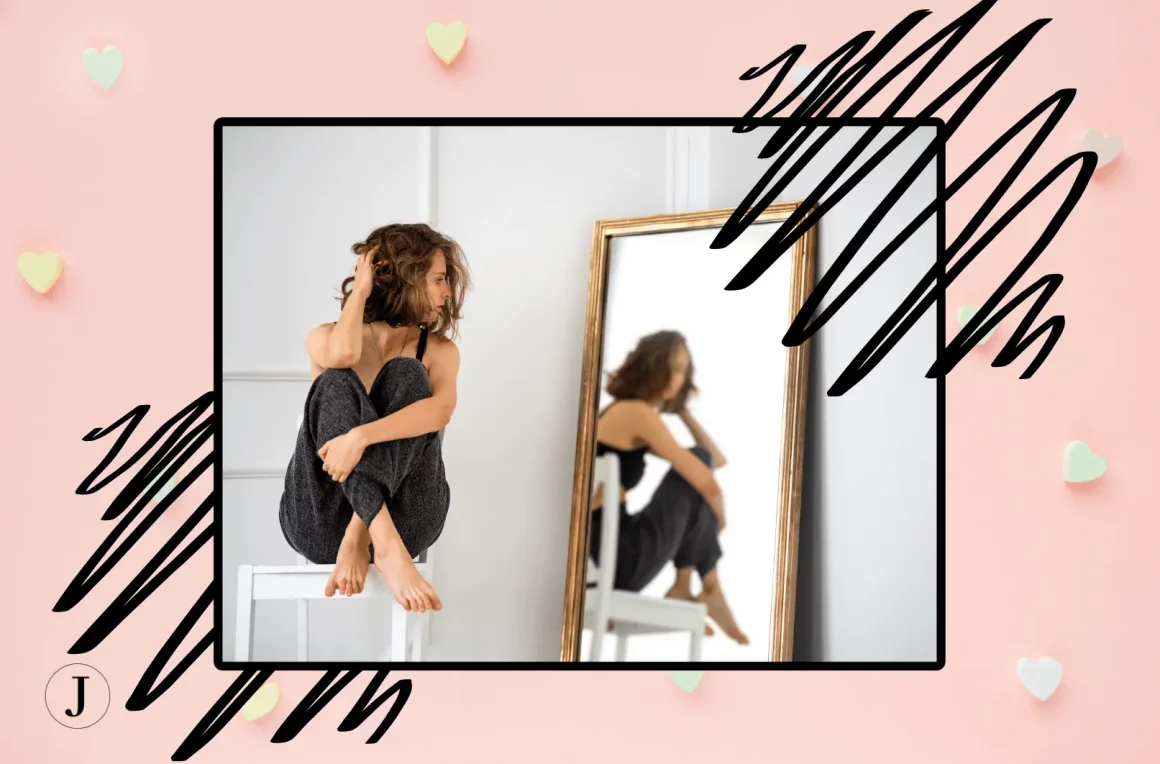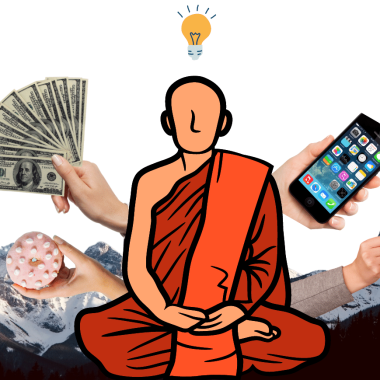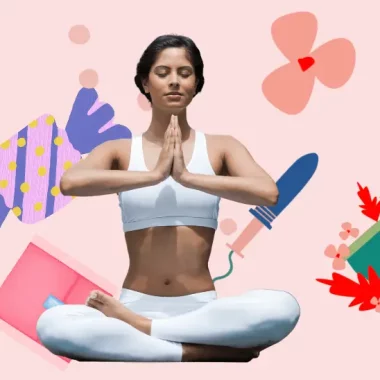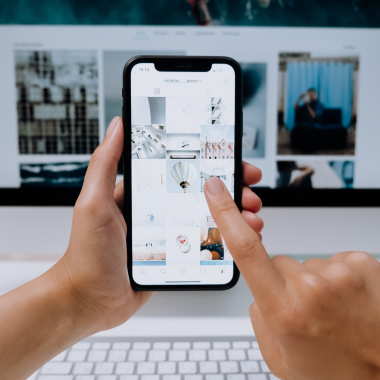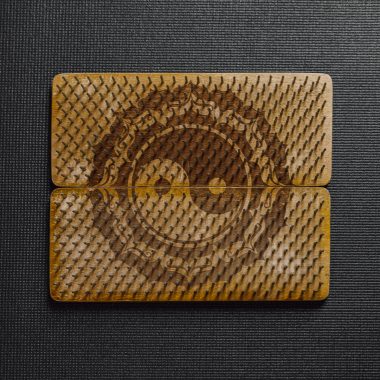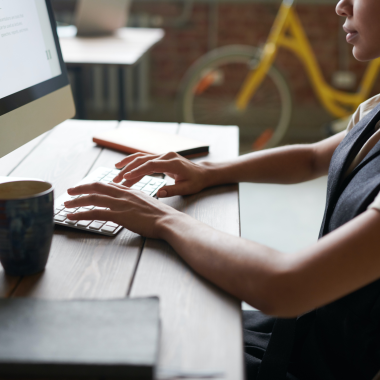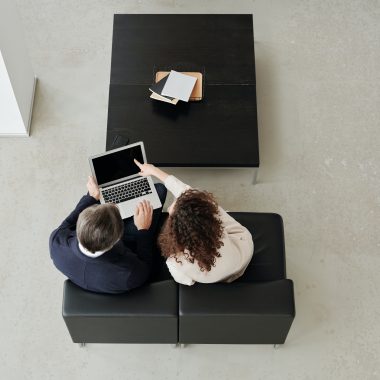written by Julstory editors
In today’s visually-oriented society, body image has taken center stage, becoming a complex and often challenging subject of discussion. When we try to define what body image means, we realize it’s a highly personal and subjective perception of our physical self, significantly influenced by our own introspection and societal feedback.
To truly grasp this concept, we need to unravel the multifaceted aspects of body image. It encompasses perceptual, affective, cognitive, and behavioral components, making it a profoundly intricate construct.
Body image isn’t merely a matter of affection or disdain towards our physical appearance. Instead, it paints a broader picture of our relationship with our bodies, an intricate tapestry woven from threads of perception, thought, emotion, and action.
With society’s magnifying glass constantly trained on appearance, the understanding of body image has become an essential part of fostering self-love and combating unrealistic beauty standards. It is indeed a complex puzzle that needs careful understanding and positive reinforcement.
What Does Body Image Mean?
Body image is the subjective perception and evaluation individuals have regarding their own physical appearance. It is influenced by various factors, such as societal standards, cultural values, personal experiences, and individual characteristics.
Body image encompasses more than just physical appearance; it reflects how one perceives their weight, shape, and overall attractiveness. A healthy body image involves acceptance, appreciation, and self-love, irrespective of societal pressures and unrealistic ideals.
What Causes Body Image Issues?
Several factors contribute to the development of body image issues, including:
- Societal and Media Influences: Society and media play a significant role in shaping beauty ideals and influencing body image perceptions. Unrealistic beauty standards portrayed by the media can lead to feelings of inadequacy and dissatisfaction with one’s own body.
- Cultural and Social Factors: Cultural values and societal expectations regarding body image can vary across different cultures. These influences impact the way individuals perceive and evaluate their bodies, often leading to body image concerns.
- Personal Experiences: Negative experiences, such as bullying, teasing, or hurtful comments about one’s appearance, can significantly impact body image. Traumatic events or constant comparisons with others may contribute to developing negative perceptions of one’s body.
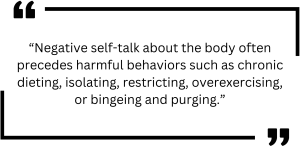
Body Image Problems and their Impact on Mental Health
Body image problems can have a profound impact on mental health. Negative body image is associated with low self-esteem, poor self-confidence, and the potential development of mental health disorders, including depression, anxiety, and eating disorders. Constant preoccupation with appearance and the pursuit of unrealistic beauty standards can take a toll on an individual’s mental and emotional well-being. Recognizing the connection between body image and mental health is essential for promoting overall wellness.
How to Improve Body Image and Deal with Body Image Issues
Fortunately, there are practical strategies to improve body image and overcome body image issues. Consider the following empowering approaches:
- Practice Self-Acceptance and Self-Care: Embrace self-acceptance by treating yourself with kindness, compassion, and understanding. Engage in self-care activities that promote overall well-being, such as practicing mindfulness, engaging in hobbies you enjoy, and nurturing your body with healthy choices.
- Challenge Unrealistic Standards and Comparison Traps: Recognize that societal beauty standards are often unattainable and do not define your worth. Embrace diversity and celebrate different body shapes and sizes. Avoid comparing yourself to others, as everyone’s journey is unique.
- Cultivate a Positive Support System: Surround yourself with individuals who uplift and support you. Seek out relationships that focus on inner qualities rather than external appearance. Build a support system that encourages self-acceptance and body positivity.
- Focus on Health, Not Weight: Shift the focus from weight to overall health and well-being. Engage in activities that make you feel good, such as regular exercise for strength and vitality. Prioritize nutritious eating habits that nourish your body and mind.
- Practice Positive Self-Talk: Challenge negative self-talk and replace it with affirmations and positive statements. Remind yourself of your strengths, achievements, and unique qualities beyond physical appearance.
How Does Body Image Affect Mental Health?
Body image has a profound impact on mental health. Negative body image can lead to increased levels of stress, anxiety, and depression. Individuals may experience a constant preoccupation with their appearance, a sense of inadequacy, and a lack of self-confidence.
Developing a positive body image is crucial for nurturing mental well-being, promoting self-acceptance, and cultivating a healthy relationship with oneself.
Body Image Therapy Activities
In addition to self-help strategies, body image therapy activities can offer additional support and guidance. Some effective therapy activities include:
- Art Therapy: Engaging in art-based activities, such as drawing, painting, or collage-making, can help individuals explore their feelings and perceptions about their bodies in a creative and non-judgmental manner.
- Journaling and Self-Reflection: Encourage individuals to keep a body image journal, where they can write about their thoughts, emotions, and progress towards improving body image. Journaling allows for self-reflection, self-discovery, and personal growth.
- Group Therapy and Support Groups: Participating in body image-focused group therapy sessions or support groups provides a safe and supportive environment to share experiences, gain insights, and receive validation from others who understand the challenges of body image issues.
By understanding the meaning of body image, identifying the factors that contribute to body image issues, and implementing practical strategies, individuals can improve body image and overcome challenges.
Cultivating a positive body image is an ongoing journey that involves self-acceptance, self-care, and embracing uniqueness. Remember, true beauty transcends external appearance and lies in self-love, acceptance, and appreciation for oneself.
